Receiving a Gold Seal Certification (GSC) is a major milestone for many construction professionals. This achievement shows their expertise in the field and their commitment to their profession. We sat down with two of AEC’s Gold Seal Certified team members, Michael Welk and Andrew Cullen, to learn more about the process of obtaining a Gold Seal, the benefits of being certified, and their advice for people thinking about getting their GSC.
For those who don’t know, what is a Gold Seal Certification?
Andrew Cullen: Gold Seal is a standard for professionals in the construction industry that is administered by the Canadian Construction Association (CCA). It’s not one blanket certification for all construction professionals – you get certified in your specific area of work, so you can have someone with their GSC as a site super, project manager, estimator, foreperson, safety practitioner, or owner’s construction manager.
Michael Welk: Exactly. It incorporates things like ethics in construction and best practices for your area of work. The certification essentially means you meet the standard, understand the best practices, and can apply them in your role.
What is your Gold Seal for and when did you get it?
AC: I was certified for cost estimating in 2000.
MW: I received my GSC in project management in the fall of 2021.
What are some of the benefits of having your Gold Seal?
MW: Ultimately, it’s credibility in the field. Because the exam and curriculum are so focused on things like ethics and best practices, it shows you’re operating with integrity. It demonstrates that you’re always going to act in the best interest of your client. When you get the certification, there’s a curriculum to follow and you go through a skills assessment, so as a professional it gives you a good roadmap for professional development to help round out your expertise. That’s great for me as an individual and is also great for an employer.
AC: When someone has their Gold Seal, it shows a level of dedication to their profession. Getting it is a rigorous process, so you know that anyone who has it is committed to their role and has a lot of knowledge in that area.
What is involved in the process of getting your Gold Seal?
MW: To be eligible, there are criteria you need to meet for experience and training. When you first apply, there’s a self assessment questionnaire that asks about your level of experience in competencies related to the area you are applying for. That generates a list of things you should work on or get more training on before taking your exam. All applicants also have to take an approved industry ethics course. Once you satisfy all the criteria for experience, training, and ethics, the CCA will review your application and determine whether they think you’re ready to write the certification exam. The exam itself is about 3 hours and is pass or fail.
AC: In my case, I was able to forego some of the required courses because I already had my Professional Quantity Surveyor (PQS) designation from the Canadian Institute of Quantity Surveyors. That gave me credit based on the courses I took to get that designation and the years of experience I had in the industry. There are a few designations you can get a credit for when you’re applying for your GSC to reduce the amount of courses you need to take before your exam.
MW: It’s a unique exam because there are no official textbooks. All the questions are a combination of industry knowledge, knowledge of contracts and the construction process, and knowledge from the ethics course. That’s about 80% of the exam and the remaining 20% is questions about how you would approach certain situations.
What is some advice you would share with someone thinking about getting their Gold Seal?
AC: I would always encourage anyone to pursue relevant certification in their field as it’s always positive for you, your employer, and the clients you work with. It shows the knowledge and commitment to your craft, and helps make sure you’re always growing as a professional, which is especially important since the construction profession is always evolving.
MW: To start, I’d recommend completing the self assessment questionnaire to see where you’re at. It’s available online and free to download even before you register. That will show you any areas where you’ll need to seek some training and development. By the time I wrote my exam, I had been working for nearly 20 years and already had a Project Management Professional (PMP) designation. That experience and prior education really helped me. I honestly might have struggled with some of the exam questions without it, because it asks about such a wide range of topics, from CCDC contracts to every stage of the construction lifecycle. One of the challenges people might face if they rush into getting their GSC earlier in their career is that they’re not going to have the background of experience to draw on during the exam. Even given the years of experience required to apply for your GSC, I’d caution people not to feel like they have to get their certification right away. Spend the time to make sure you have a broad knowledge base and you’re confident in all the competencies the exam will ask about before writing. That’s going to give you a better chance of success and make sure it’s a positive experience.

